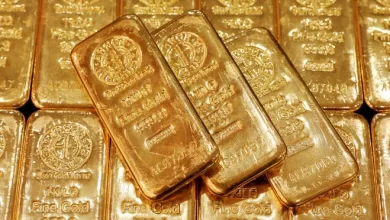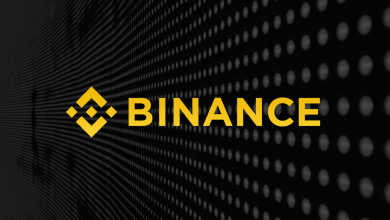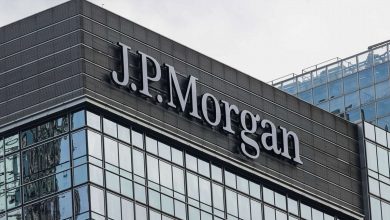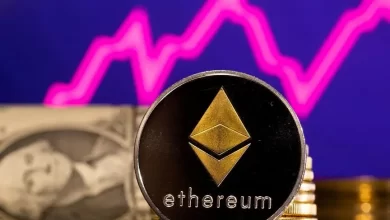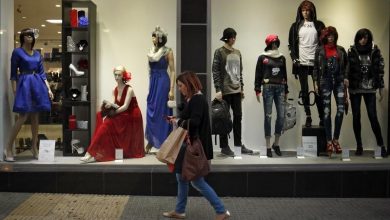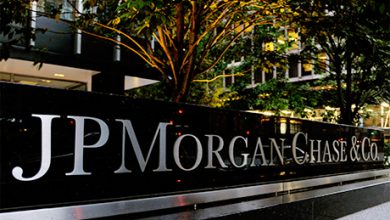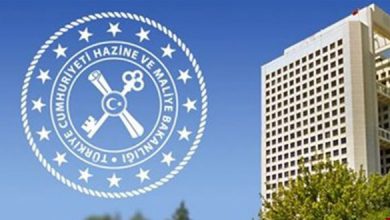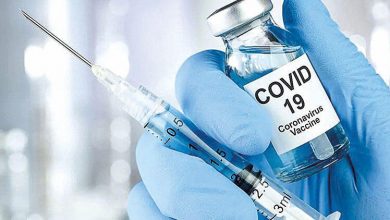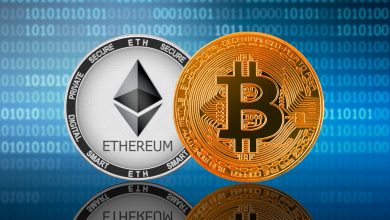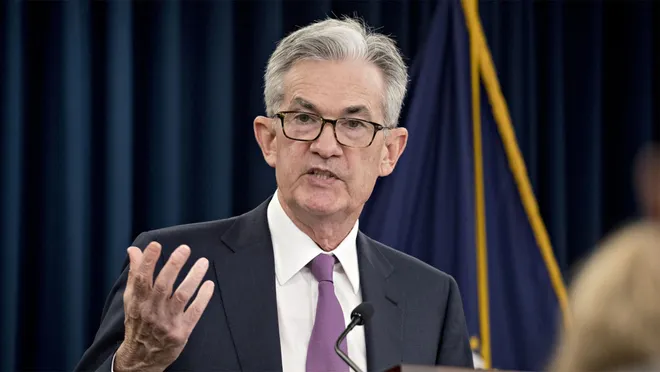
“The color of the business in global markets changed over the weekend with the collapse of Silicon Valley Bank. The US inflation data announced yesterday is no longer the sole determinant of the Fed’s interest rate decisions. While these developments have prompted international investment banks to revise their Fed interest rate forecasts, Nomura took it a step further yesterday and announced that it expects a rate cut.
However, the prevailing view in the market is that the Fed will skip the interest rate hike in March and calm the cycle with two 25 basis point rate hikes after the initial panic. Of course, the most important basis for this expectation is that inflation is no longer the only variable to be monitored.
Indeed, Enver Erkan, the Chief Economist of Dynamic Investment, said, “The debate in the Fed about whether to increase interest rates by 25 or 50 basis points in the March meeting has now turned into whether to keep it at zero or increase it by 25 basis points.” He added, “The sole determinant of the Fed’s interest rate path is no longer inflation, and the capitalization of the banking sector, asset valuations, and portfolio characteristics have also become important.”
“The US inflation is in line with expectations.”
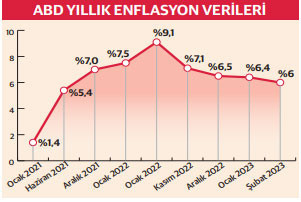
“Last week, Fed Chairman Powell, who made hawkish statements, had his interest rate calculation turned upside down in just one week. The fear that ‘inflation will remain above expectations and the Fed will raise interest rates’ has come to an end. According to the US Department of Labor data, annual inflation fell from 6.4% to 6% in February, which was in line with expectations. On a monthly basis, inflation was 0.4%.
While core inflation rose from 0.4% to 0.5% on a monthly basis, it fell from 5.6% to 5.5% on an annual basis. Last week, it was almost certain that the Fed would raise interest rates by 50 basis points, but after the US inflation was announced, according to the FedWatch market pricing, there is a 71.6% chance of a 25 basis point rate hike on March 22 and a 28.4% chance of keeping the interest rate stable.”
“Nomura expects a interest rate cut from the Fed.”
Nomura analysts, who predict that the Fed will need to assess financial stability risks following the collapse of Silicon Valley Bank, expect the Fed to cut interest rates at next week’s meeting by 25 basis points and put the brakes on monetary tightening. Before SVB’s collapse, analysts were expecting a 50 basis point increase from the Fed. Goldman Sachs had predicted that the Fed would not change interest rates at its March meeting.
Enver Erkan, Chief Economist at Dinamik Yatırım, stated, “The Fed’s path of interest rates is no longer determined solely by inflation, but the capitalization of the banking sector, asset valuations, and portfolio quality have also become important. Although inflation is expected to fall, as we saw from last week’s comments, there are still unreliable points regarding structural deflation.
To address liquidity issues, the Fed will reprice the portfolio it will lose in the face of interest rate hikes. Of course, a crisis could also revise the Fed’s expectations. It seems more likely that the Fed will simply pass on a 25 basis point interest rate cut but shorten the interest rate path a bit.”
Fed may raise interest rates by 25 basis points
Ata Investment Strategist Batuhan Özşahin stated that both headline and core inflation in the US have been moving in parallel with expectations. “The rate of decline in inflation has slowed down a bit in the last two months. Of course, now all eyes are on the Fed’s meeting. Expectations for a rate hike have changed significantly, especially after bank failures. While a 50 basis point increase was expected a week ago, pricing now indicates that there will be no rate hike at the March 22 meeting. Our view is that this inflation data will not change the Fed’s decision much. However, I think that these market expectations can put a little pressure on them. Even if market pricing is like this, the Fed will raise rates by another 25 basis points to show that it is determined to fight inflation. Of course, this will cause a little more volatility in the market.”
The sharpest movement in 36 years in bond yields
The sharpest drop in 36 years was recorded in the 2-year Treasury yields in the US. Economist Mahfi Eğilmez stated that “the fact that Turkish banks are forced to buy Treasury bonds at very low interest rates is a serious problem for Turkey. If the value of these bonds drops rapidly when interest rates begin to rise, banks holding these bonds may face difficulties like SVB.
While the negative real interest rate caused by the low Treasury bond yields to inflation is 4-5 points in the US, this being 40-50 points in Turkey is a very serious problem. If you set the interest rate incorrectly in the market system, everything will go wrong. This situation may not be understood at first and may even seem like everything is going well, but after a while, everything will start to go wrong.”
“Trillion-Dollar Bank Could Fail”
Economist Nouriel Roubini, known as the “Dr. Doom” for his accurate predictions of the 2008 financial crisis, warned of an increased global risk of a crisis following the bankruptcy of SVB. Speaking to Newsweek, Roubini pointed out that a “trillion-dollar financial institution” in Europe could also be at risk of bankruptcy, and like SVB, this bank could also face bankruptcy soon. In this case, he predicted that the crisis that started with SVB would spread to a global scale.
